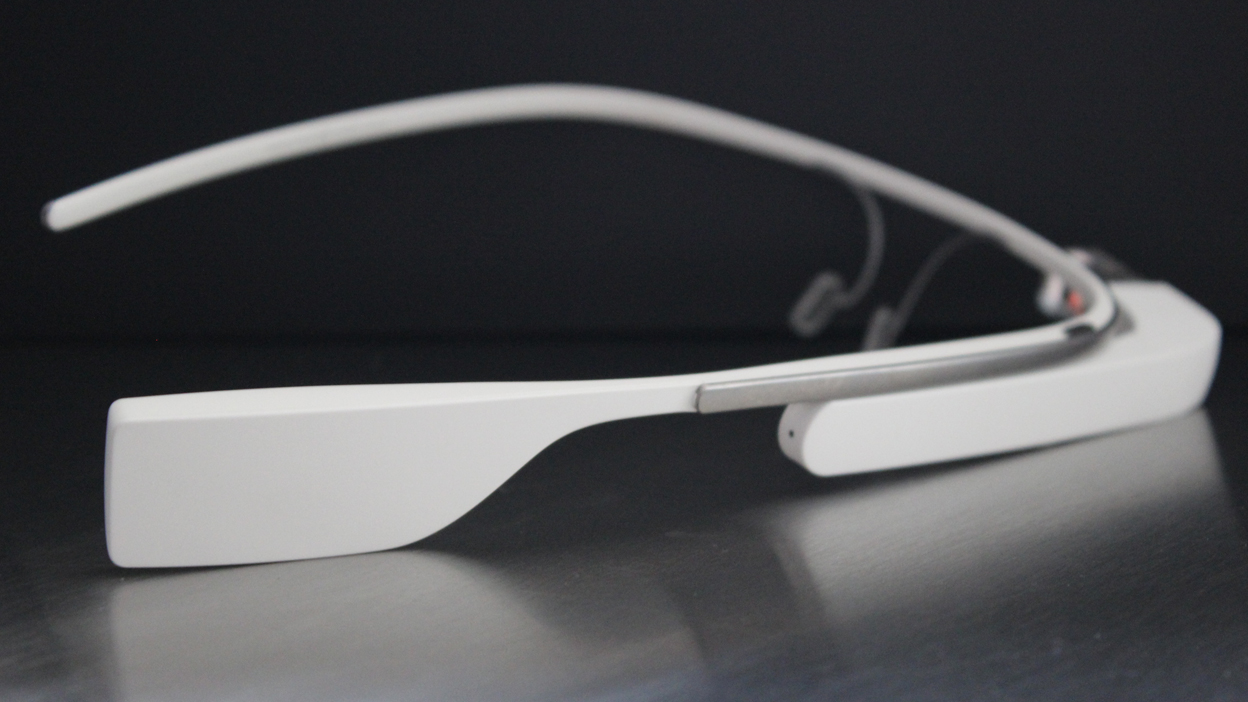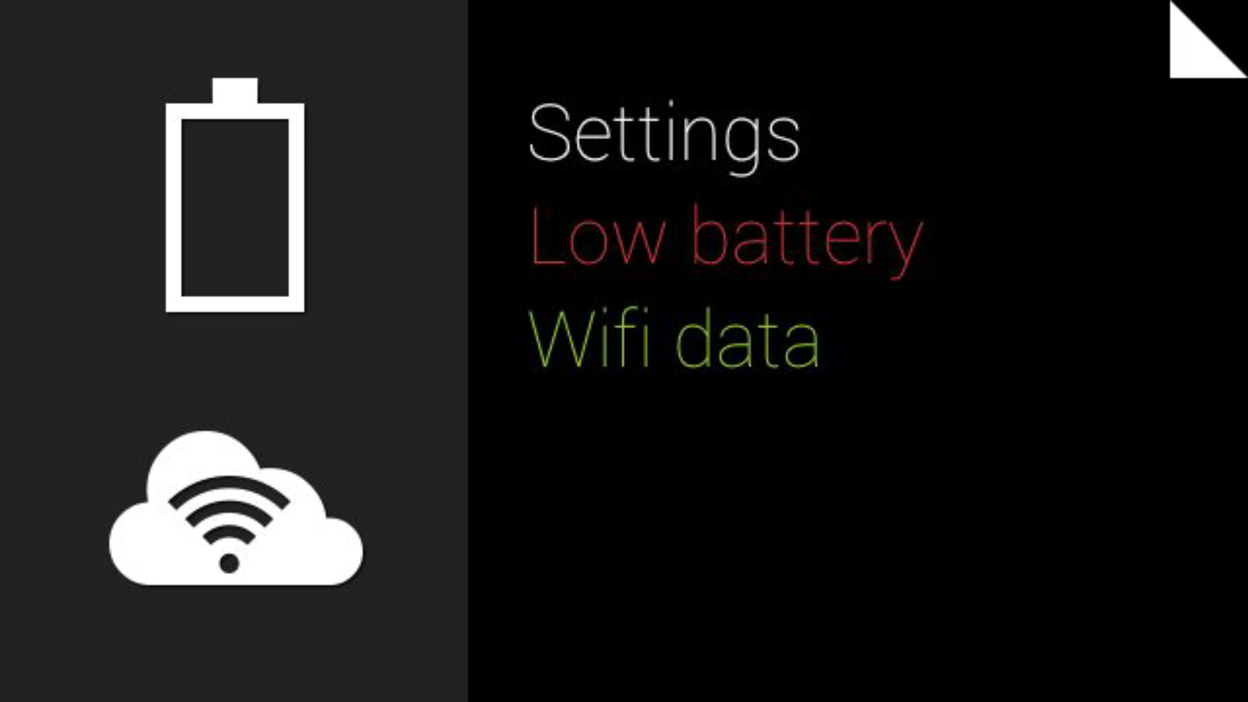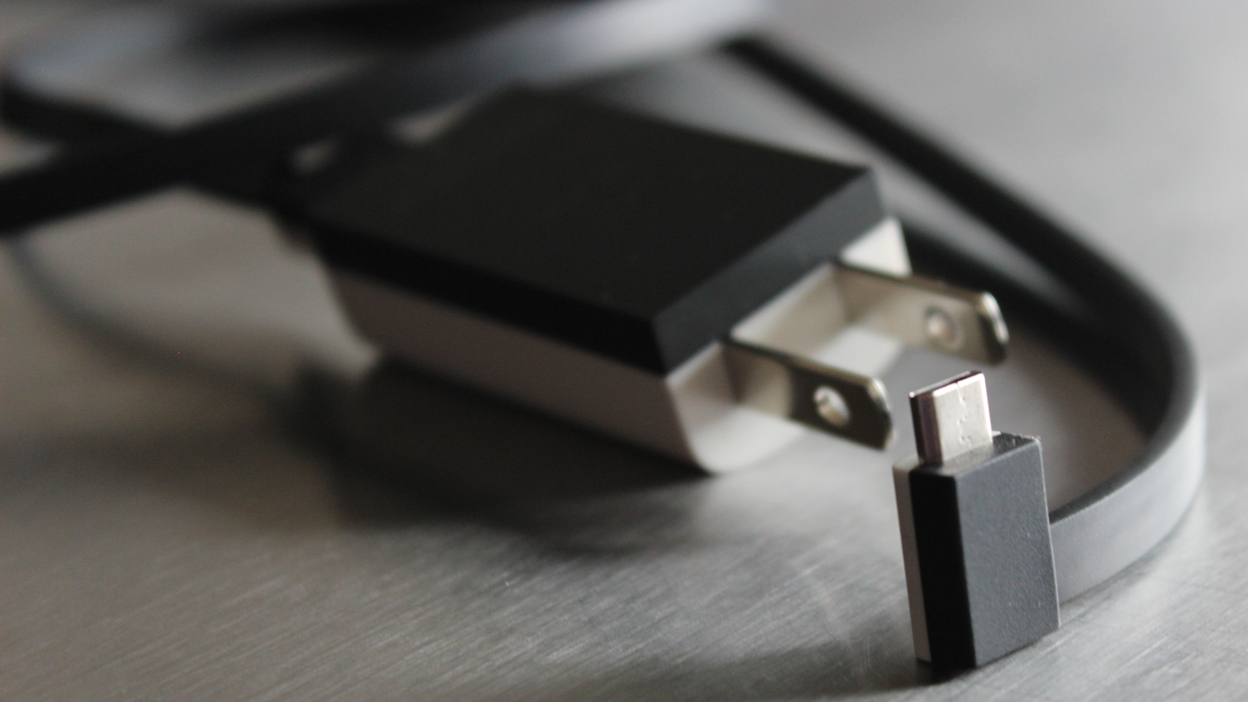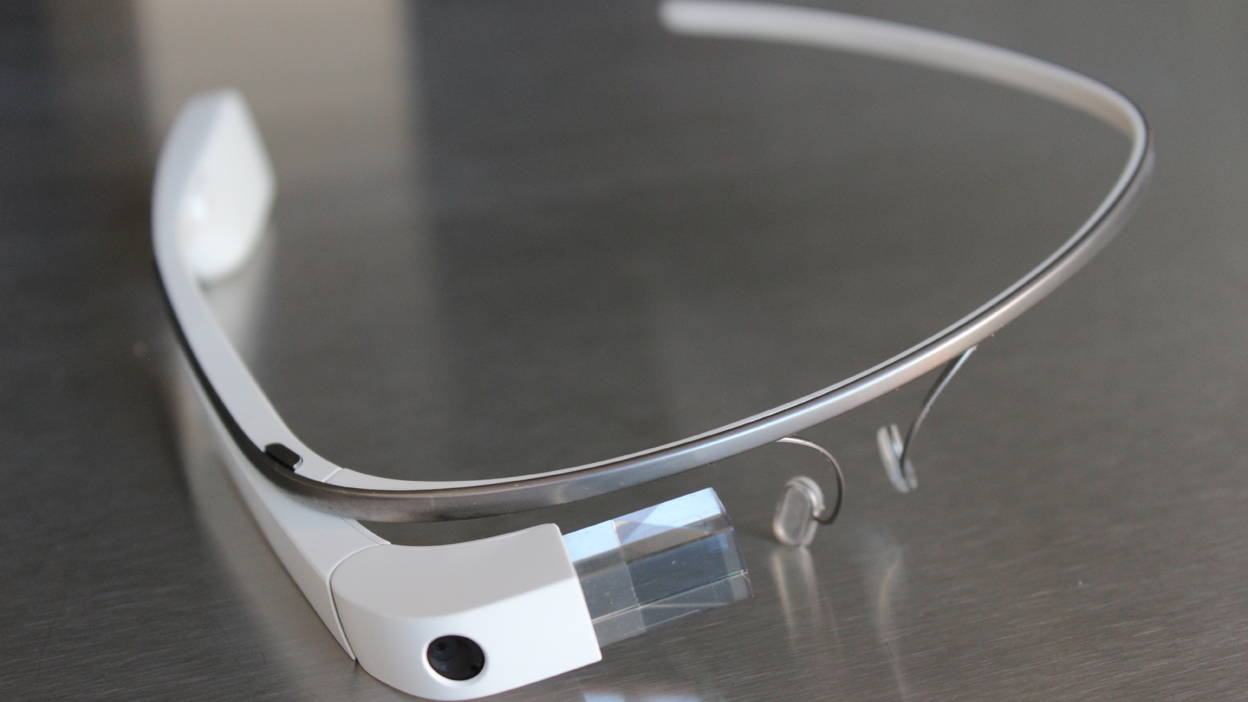Why you can trust TechRadar
Google's official estimate for the Glass' battery life is "one day of typical use." Features like video recording, however can drain the battery even more quickly, the company warns.

Avoiding these more intensive features, I found my Google Glass battery to last between three and five hours depending on how many hands-free photos I was taking in that time span. Recording a video wiped the battery out in less than an hour after continuously shooting.
That's far short of the official estimate, but keep in mind that there's a tremendous difference between being connected to WiFi vs Bluetooth via a tethered smartphone. Relying on a phone's shared LTE data connection drained my battery more quickly.

Google Glass also ran much hotter over Bluetooth, something that was pointed out to me every time I demoed Google Glass to a large group. Typically, this observation was noticed by the time it was passed to the last person to wear it.
Teardown specs indicate that Google Glass contains a puny 570 mAh lithium-polymer battery, even with its larger-than-desired battery size located behind the right ear. Luckily, the small battery size means that it doesn't take exceptionally long to charge, with less than two hours giving me a complete 100% battery life to drain it all over again.

To conserve battery life as much as humanly or cyborgly possible, I turned off head wake up, on-head detection and Wink for picture. I also carried around an external high-capacity battery pack in my pocket with a USB cable running to the micro USB port. I don't suggest this look.
Sign up for breaking news, reviews, opinion, top tech deals, and more.

